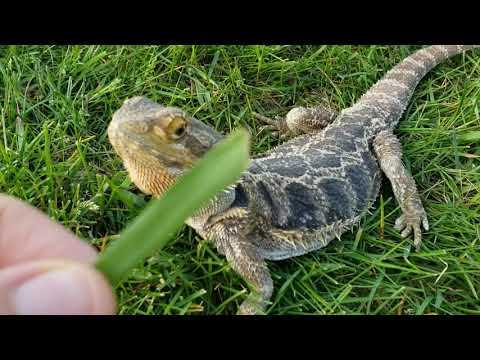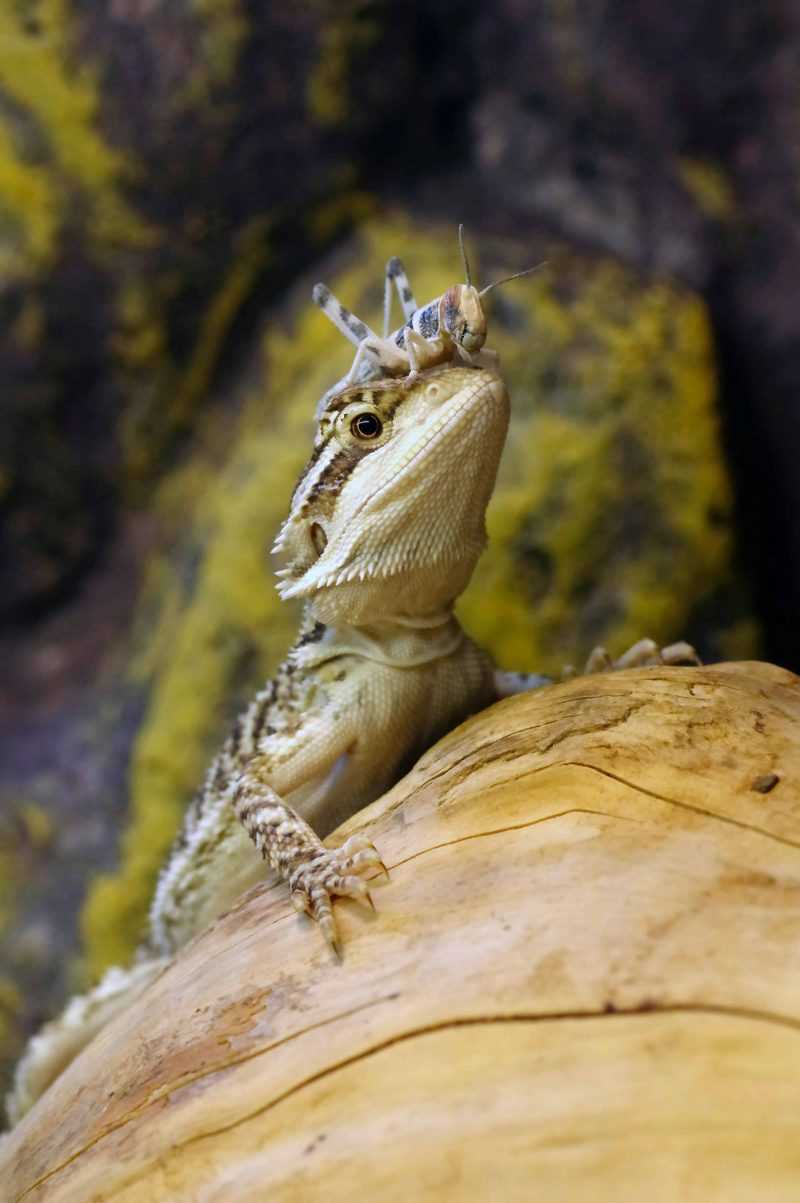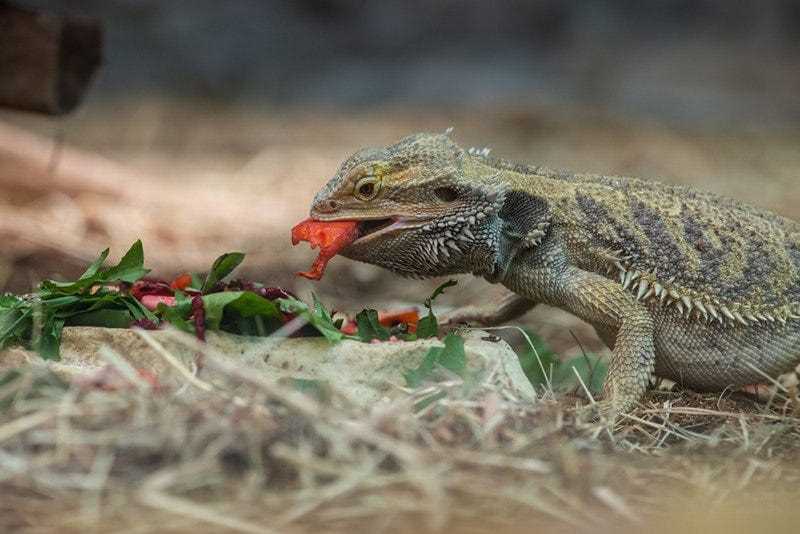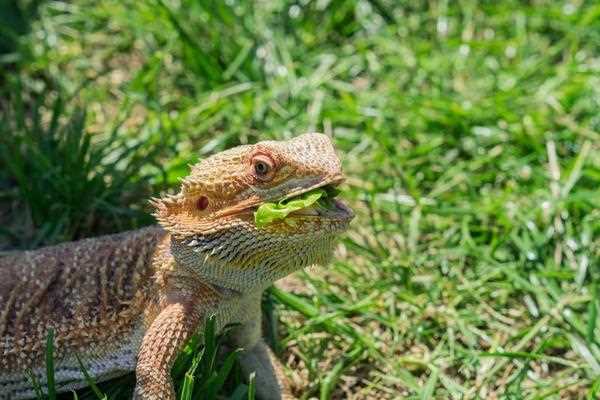
Can bearded dragons eat grass?
Yes, bearded dragons can eat grass, but it should be fed in moderation. Grass can provide additional fiber in their diet, which aids in digestion. However, it is crucial to ensure that the grass is free from pesticides or any harmful chemicals that may be present in the environment. It is best to use organic grass or ensure that the grass has not been treated with any harmful substances.
Benefits of grass in a bearded dragon’s diet
Grass can be a valuable addition to a bearded dragon’s diet for several reasons. It provides additional fiber, which helps maintain a healthy digestive system and prevents constipation. Grass also contains essential vitamins and minerals that contribute to the overall wellbeing of the dragon. However, it should not replace their primary sources of nutrition, such as insects and vegetables.
How to introduce grass into a bearded dragon’s diet?
If you want to include grass in your bearded dragon’s diet, start by introducing small amounts. Make sure the grass is fresh and clean before offering it to your dragon. It is essential to observe their response and monitor their health after introducing grass to ensure there are no adverse effects. If they show any signs of digestive issues or discomfort, it is best to consult a veterinarian.
Importance of a Balanced Diet for Bearded Dragons

Nutritional Needs
Bearded dragons require a balanced diet to ensure they receive all the necessary nutrients for growth and development. This includes a good source of protein, vitamins, minerals, and fiber. Feeding them a diverse range of foods helps prevent nutritional deficiencies and promotes optimal health.
The Role of Insects

Insects make up an important part of a bearded dragon’s diet. Crickets, mealworms, and Dubia roaches are commonly fed to these reptiles. These insects provide the necessary protein and essential nutrients that grass alone cannot provide. It is recommended to gut-load insects before feeding them to bearded dragons, which involves providing the insects with a nutritious diet to enhance their nutritional value.
Variety of Vegetables and Fruits
Bearded dragons should also be offered a variety of vegetables and fruits. Leafy greens such as kale, collard greens, and mustard greens are rich in vitamins and minerals. Other vegetables like bell peppers, carrots, and squash can also be included in their diet. Fruits like berries, melons, and apples can be given in moderation as occasional treats.
Supplements

Can Bearded Dragons Eat Grass?
Bearded dragons are omnivorous reptiles that have a varied diet consisting of insects, vegetables, and even fruits. But what about grass? Can bearded dragons eat grass? Let’s find out.
Grass is abundant in many environments and can be easily accessible for bearded dragons. However, it should be noted that while grass is not toxic to bearded dragons, it does not provide significant nutritional value for them.
Why do bearded dragons eat grass?
Bearded dragons may eat grass out of curiosity or as a way to supplement their diet with some fiber. In the wild, they have been known to consume small amounts of grass as part of their overall diet.
The potential risks of feeding grass to bearded dragons
While grass itself is not harmful to bearded dragons, there are some potential risks associated with feeding it to them. One risk is that grass from lawns or public areas may have been treated with pesticides or chemicals, which can be harmful if ingested by your pet.
Another risk is that bearded dragons have a delicate digestive system, and consuming large amounts of grass can lead to gastrointestinal issues such as impaction. Grass is not easily digestible for them and can cause blockages in their digestive tract.

I’m Lena Adams—a product of an unconventional upbringing in the African wilderness. My father, a daring explorer of African wildlife, sparked my fascination with reptiles, a passion that intertwined with the tragic loss of my mother during an expedition, leaving an indelible mark on my life. Driven to understand the creatures that captivated my parents, I embarked on my journey, sharing insights about reptiles, frogs, and lizards on my website. Through my explorations and conservation efforts, I honour my family’s legacy while seeking connections—to the creatures, nature, and the mother whose presence I yearn to understand.
